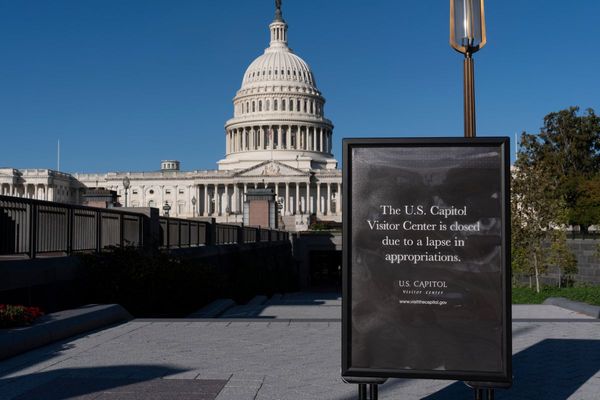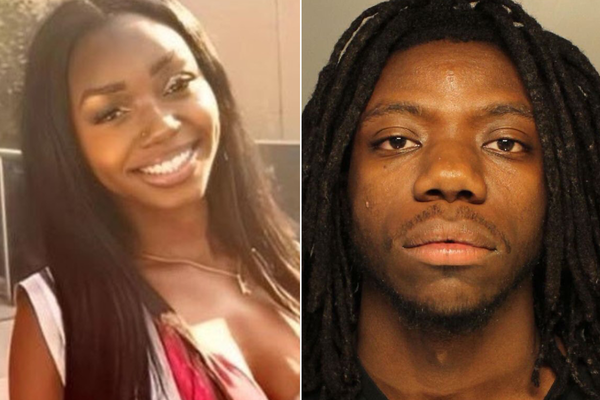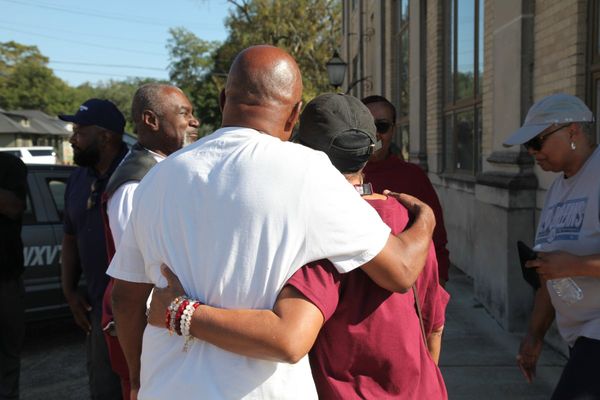
Jamel Brinkley’s 2019 debut short story collection, A Lucky Man, announced an important new voice in anglophone fiction, a technically skilled storyteller with a particular talent for depicting the obscure nuances of interpersonal relationships. Recriminations, resentments and regrets are the order of the day in the 10 distinctly downbeat tales comprising his new collection, Witness. The narrator of one story, Arrows, sets the tone when he muses that the world is made up of two sorts of people: those who are able to recover from traumas, and those who “tend to become ghosts”. “Stuck on something that happened to them, or on an obsession, they’re the ones who can’t accept people’s inevitably forward movement through the entanglements of time.” Many of the characters here belong firmly in the latter category.
In The Let-Out, a young man is befriended by an older woman who had once been romantically involved with his estranged father. He is plunged into doleful reminiscence: “What I remember most from those years aren’t images or events, but sensations, feelings of anger, aggression, and obstinacy … ” Comfort tells of a Black woman stuck in an alcoholic, grief-stricken rut, four years on from her brother’s death at the hands of a white police officer. She has become obsessed with the officer’s family, stalking them online. The narrator of Sahar embarks on a bizarre one-way correspondence with a driver from a fast food delivery app, writing her a series of increasingly lengthy notes in which she offloads about her late husband while also ruminating on gentrification and the precariousness of gig economy work. She signs off one missive: “I hope you won’t think I’m loony tunes.”
Brinkley is from Brooklyn in New York, where most of these stories are set. The changing face of that district is another running theme in the collection. Blessed Deliverance features a circle of friends on the brink of adulthood, painfully aware that they are destined to drift apart. (“We-the-five weren’t a thing any more, and we wouldn’t be ever again.”) Reflecting on the influx of wealthier white people into their predominantly Black neighbourhood, the narrator sardonically notes a proliferation of “cyclists who actually wore helmets and biking shorts, pumping their nickel-bright knees, assaulting us with their law-abiding goodness”.
The narratives are absorbingly paced, the dialogue is taut and convincing. There are some cute psychological flourishes, such as when the protagonist of Bystander, exasperated by her daughter’s capriciousness, reflects that “the frightening thing about her, and maybe about all children, was that she seemed to exist in a state of temporal confusion, inhabiting various eras at once … The girl was an ancestor and an evolvement all at once.” Elsewhere a male narrator wallows in jealousy upon seeing his ex with her new partner, a rich older man: “Hunting for a flaw, I fixed on the enormous sun visor she wore, which I instantly decided was the tell, the garment that identified her as a trophy and a simpleton.”
However, some of the tales are too neatly sociological. Bartow Station, in which a man whose best friend died in an accident engages in sadomasochistic sex to numb the pain of grief, is a somewhat boilerplate narrative of trauma and kink. The title story, about a Black woman whose health problems are negligently downplayed by her white doctors, is well crafted but rather straightforwardly didactic. The gentrification motif is not treated with enough variation to justify its recurrence across several stories – it’s essentially the same observation ventriloquised by a number of different characters. A Lucky Man was an uncommonly subtle and poised debut. Witness is an accomplished but patchier effort – the proverbial difficult second album. Brinkley has come back down to earth.
• Witness by Jamel Brinkley is published by 4th Estate (£16.99). To support the Guardian and Observer, order your copy at guardianbookshop.com. Delivery charges may apply.







